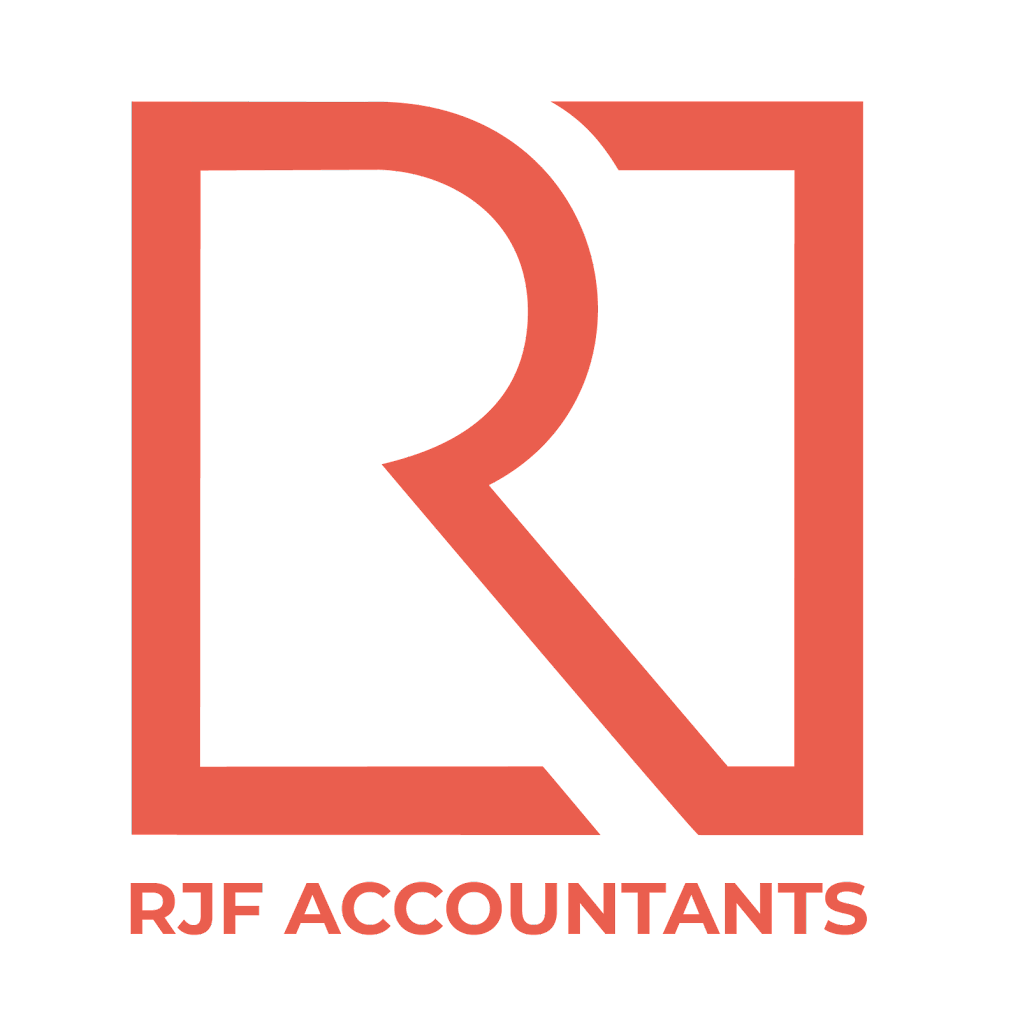What are the most tax-efficient ways to take money from a limited company? When running a successful small business, you want to earn the rewards of your hard work. Although retaining money in the business is essential to maintain growth and increase efficiency, you also need to extract cash to provide a current and future personal income. There are several ways that limited company directors can do this, be it salary, dividends, pension contributions or directors loans. Some methods are more tax efficient than others, so we have put together this blog post to help you understand the most tax-efficient ways to take money from a limited company and the implications and taxation applicable to each one.
Whilst this blog can provide you with an overview of each one, we do have to stress that the advice is not set in stone. Taxation depends on your circumstances, so it is advisable to speak with an accountant before drawing down on company profits.
Blog Contents:
show
Salary
Taking a regular salary is the most common way company directors pay themselves, and in doing so can make the earnings subject to tax and national insurance. However, if your salary is set up correctly, there are tax-efficient ways to draw a wage without increasing your tax bill.
The most tax-efficient way to do so is to keep your base salary below the tax allowance thresholds for National Insurance and Income Tax. There are long-term implications for not making National Insurance contributions, so it is always worth weighing the cost vs benefit of keeping your salary below the threshold.
Dividends
Limited company directors can also draw income from dividends from the company’s profits. Dividends have the advantage of not being subject to National Insurance, and they have a tax-free allowance but are subject to income tax via your SATR above the allowance.
Currently, the dividend allowance is £2,000, but you can also make use of your income tax-free allowance if you are not using all of this for your salary. E.g. if you only paid yourself via dividends, you could currently take £14,750 in dividends before paying tax.
Pension Contributions
If you are thinking long-term for yourself, you could consider making pension contributions instead of drawing income now. This does mean, however, that the cash will be locked up until retirement, but there are tax savings to be had. Before making any decisions on this, speaking to an accountant or financial planner is advisable, as it is not as straightforward as just paying only into a pension.
The annual allowance for pension contributions is £40,000 for anyone earning up to £150,000. The maximum contribution of £40,000 must not exceed your total income from all sources. So if your personal income is £39,000 and you received £40,000 in pension contributions, you would be liable to pay tax on the £1000 excess.
Directors Loan
Directors’ loans are not a traditional way to draw money from your business. However, if you need short-term cash to cover some emergency or purchase, you can take a tax-free loan from your limited company.
The loan is treated as a form of earnings and is subject to tax if the loan is more than £10,000 or if you paid your company interest on the loan below the official rate set by HMRC. You should aim to repay the loan to the business before the end of your financial year. If not, you will be liable for an additional tax charge,known as S455, on any outstanding balance.
Investments
If your business has profits and a healthy cash balance, it might be worth looking to investments to provide indirect income. If you invest funds from your business in a start-up or growing company, you may be able to earn dividends from the other business as personal income. The dividends would be subject to income tax in the usual way. Depending on the type of business you invest in, you may be able to earn tax credits through the Enterprise Investment Scheme (EIS) or Seed Enterprise Investment Scheme (SEIS).
Reimbursable Expenses
If you travel a lot for business purposes and use personal funds, you could miss out on some tax-free cash! You can reimburse yourself for expenses that have been incurred whilst carrying out company duties such as:
- Visiting clients
- Networking
- Travelling to a temporary place of work
No income tax, national insurance or cooperation tax is due on expenses, so they are worth logging and claiming.
Professional Advice From An Accountant
Before taking any money from your business, you should always speak with an accountant. The tax implications of not doing so could outweigh any perceived benefit. Mistakes in how you draw down on company profits can also be costly, so ensuring it is done correctly is always best.
If you want to talk to an accountant, why not reach out to the RJF Accounting team today? We provide specialist accounting services that can be tailored to your needs, from bookkeeping to payroll and accounting! We also handle other aspects of your business, from raising finance toinvestor relations!
Call the team today on 0161 5040629 or drop us an email at hello@rjf.uk.com to see if we can help you get your business finances. We are open Monday to Friday, 9 am – 5 pm!

